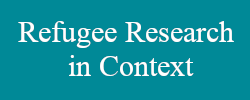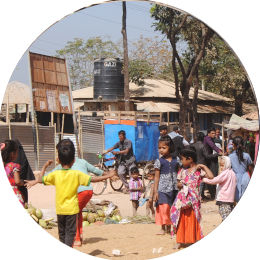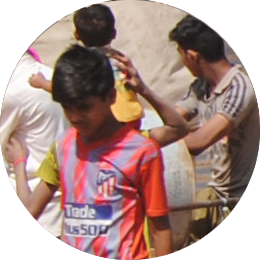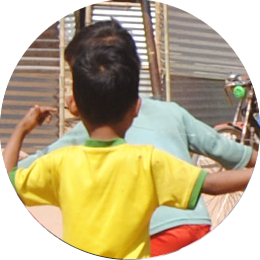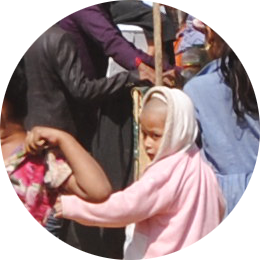Context
Myanmar, previously known as Burma, is a majority Buddhist country with 135 recognized ethnic minorities. Among these minorities are the Muslim Rohingya, who live primarily in the western state of Rakhine on the border with Bangladesh. Over the last half-century this community has faced systematic violence and discrimination, especially since the passage of the 1982 Citizenship Act, which revoked their citizenship, treated them as illegal immigrants from Bangladesh, and deprived them of their basic human, political, and social rights. The most recent wave of violence was sparked when Rohingya militant group attacked police posts on 25 August 2017. The Myanmar military responded to the attacks with a clearance operation that involved the burning of Rohingya homes and villages. The UN as well as International aid agencies have denounced Myanmar’s crackdown on its Rohingya population stating that it is a “textbook case of ethnic cleansing”. According to reports by human rights groups, more than 40 percent of Burma’s Rohingya population (around 400,000 people) have involuntarily crossed the border. A bilateral agreement tabled in 2017 with Bangladesh concerning resettlement has made minimal progress so far and critics are concerned it does not address underlying structural issues.
